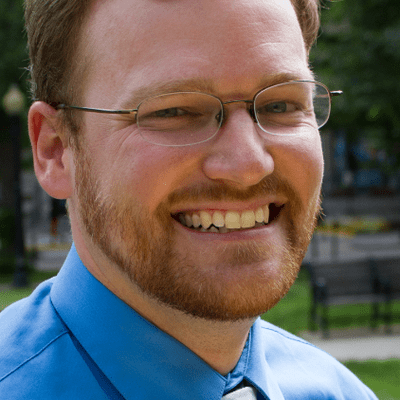Introduction
Chevron Corp. shareholders today rejected a resolution seeking to prohibit the company from using corporate funds for political activities.
Last year, the oil company was one of the largest corporate super PAC donors, as the Center for Public Integrity has previously reported.
Leslie Samuelrich, senior vice president at the financial advisory firm Green Century Capital Management — the firm was the lead filer of the shareholder resolution — said the measure garnered at least 3 percent of the not-yet-official vote.
But she spun this seemingly miniscule support as good news.
“We’re thrilled,” Samuelrich told the Center for Public Integrity. “It is the beginning of a turning of the tide.”
Just weeks out from Election Day, Chevron donated $2.5 million to the Republican-aligned Congressional Leadership Fund, a super PAC led by former Sen. Norm Coleman, R-Minn., and associated with House Speaker John Boehner, R-Ohio.
Ahead of Chevron’s annual meeting in California, the company’s board urged shareholders to reject the measure.
“Chevron’s participation in the political process is an important means of protecting the interests of the Company and its stockholders,” the company wrote in its 2013 proxy statement.
“A fixed policy barring the company from participating in the political process would undermine the board’s flexibility to exercise its business judgment in a manner that it reasonably believes is in Chevron’s best interests,” the board members argued.
The board also noted that Chevron voluntarily discloses on its website information about its donations to political committees and trade associations, such as the $1 million it contributed in 2012 to the U.S. Chamber of Commerce.
Samuelrich told the Center for Public Integrity that the motion’s supporters gained enough traction to refile the resolution again next fall, should they so choose.
“We’re looking at all our options,” she noted. “We’re not satisfied with the progress Chevron has made on this front.”
In 2010, the U.S. Supreme Court ruled in Citizens United v. Federal Election Commission that corporations were free to use general treasury funds to call for the election or defeat of federal candidates. Corporations may now also donate unlimited amounts of money to super PACs and politically active nonprofit organizations that may, in turn, advocate for or against politicians.
Read more in Money and Democracy
Money and Democracy
Tobacco giant funded conservative nonprofits
Reynolds American acknowledges helping bankroll several secretive 501(c)(4) groups

Join the conversation
Show Comments